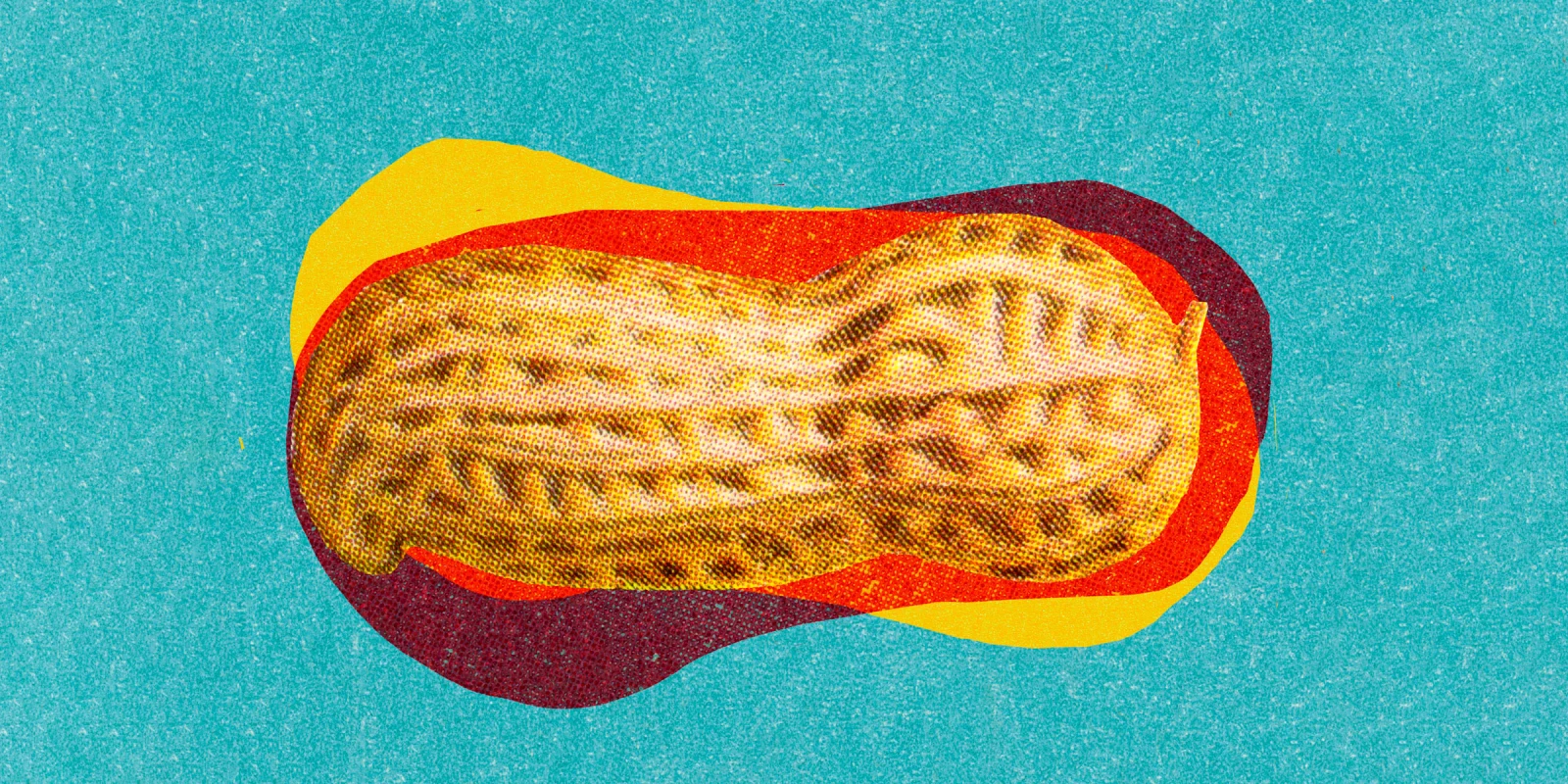Food allergy used to be about identifying your allergen and then avoiding it. That's it. Okay, have an epinephrine injector. Oh, then we started telling parents to quit introducing highly allergenic foods in infancy, with the fear of causing food allergies. Guess what? That was completely wrong, and we created a generation of food-allergic kids with only one possible treatment, avoidance. Fortunately, new research from the past 10 years has demonstrated that early introduction of highly allergenic foods can help reduce the chances of developing a food allergy. But for children with food allergies, is there an option other than just avoidance? So yes, there is an FDA-approved product (since 2020) you can give your child every day that will help protect them from their peanut food allergy. Data has now shown that instead of doing it every day, you can give it every other day; it doesn't work quite as well, but it's an option. And now there's evidence that using a $1,000-a-month drug called omalizumab could increase the success of oral immunotherapy. But at what cost?
These are all questions the community of clinicians, scientists, bureaucrats, parents, and patients need to answer. They need to answer if the cost of oral immunotherapy, the risks of having systemic reactions, and the effort are worth the benefits. Yes, you may tolerate accidental ingestion of a peanut butter cookie (or at least a quarter of one). But during the build-up process, there's a 20% chance you may have to use your epinephrine auto-injector for a systemic reaction. And that build-up process required a four-hour visit and then 11 one-hour visits to the doctor's office for monitoring during the first six months. That requires a lot of resources from any family to commit to, combined with the fact that taking the medicine that home requires you to rest for one hour afterward. Then, your risks for a reaction are increased by sleep deprivation, illness, and exercise.
In the meantime, we continue to get more information on avoiding food allergies and the development of food allergies in children. It's common practice for physicians to recommend that children with eczema avoid highly allergenic foods (especially eggs, soy, peanut, tree nut, and sesame) to improve their eczema and also avoid a potential allergic reaction. Recent studies show that over the past 45 years, only a slight benefit from dietary elimination on eczema, and that the risk of avoiding foods, which can lead to increased family stress and ultimately allergic sensitization, is possibly more severe than the benefit of a little bit of eczema improvement. We hoped that giving babies better skin care could avoid peanut allergy because the evidence suggests allergic sensitization occurs to the skin. So far, studies are not bearing that out. But there does seem to be tremendous value in controlling eczema because another study demonstrated that the longer you have eczema and the worse it is, the more likely you are to have a peanut allergy. And that in these children, the earlier you have introduced peanuts to their diet, the less likely they are to go on to develop peanut allergy, especially in patients with moderate to severe eczema. In ages four to six months of age, early introduction of peanuts led to a 60% reduction in peanut allergy compared to 'normal' kids, and introducing peanuts after 12 months of age — only had a 35% reduction in peanut allergy.
So, ultimately I think we are learning so much more about food allergies than we ever thought was imaginable 20 years ago. And while there are types of treatments that are becoming available, it's only becoming clearer that socioeconomic disparities lead to greater inequity in access to care, access to these treatments, including oral immunotherapy, and an ongoing debate about the efficacy, importance, and safety of these treatments.
Dr. Singla has no conflicts of interest to report.
Image by CSA-Printstock / Getty







